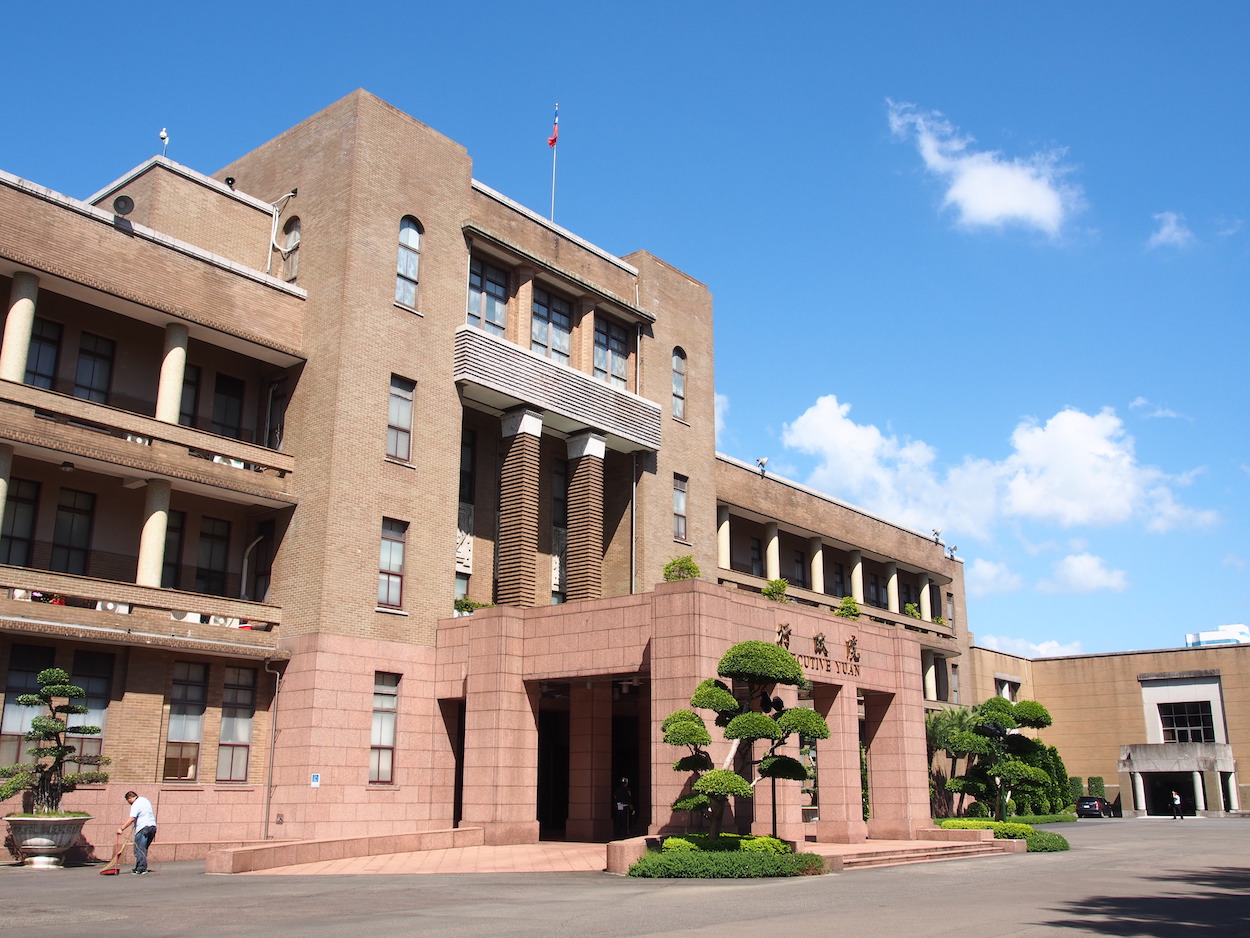by Brian Hioe
語言:
English
Photo Credit: Studio Incendo/Flickr/CC
THE EXECUTIVE YUAN has announced plans for new housing policies in Taiwan aimed at making real estate prices affordable.
Taiwan’s real estate prices have become sufficiently high in past decades that houses are unaffordable, particularly for young people. It has been noted, for example, that one would have to not eat or drink for fifteen years in order to purchase a home.
Taiwan’s skyrocketing real estate prices are widely believed to be because of the “hoarding” of properties by some property owners, who treat real estate as a form of investment. Floating capital is often invested in real estate in Taiwan, with the common belief in society that real estate is a safe form of investment that will inevitably appreciate in value over time. In urban areas, some hold out on real estate in the hopes of being reimbursed for its perceived value when urban redevelopment takes place, and property owners are compensated for the demolition of their original properties.
 The Executive Yuan. Photo credit: Venation/WikiCommons/CC
The Executive Yuan. Photo credit: Venation/WikiCommons/CC
Taiwan also has a low number of social housing, with 170,000 units of social housing comprising 2.27% of the total housing stock, and housing subsidies to assist individuals hoping to purchase or rent homes have been criticized as lacking. Because of the housing lottery system, those most urgently in need of social housing oftentimes cannot obtain it. And only a small percentage of low-income households are thought to have applied for housing subsidies, with the Executive Yuan criticized as having not devoted enough funding to provide for housing subsidies.
Measures proposed in the past to alleviate issues regarding unaffordable real estate prices have centered around increasing transparency for real estate dealings, increasing the tax rate to de-incentivize property owners from hoarding properties, imposing fines on property hoarders, and increasing the resources devoted to social housing and housing subsidies.
More recently, the Executive Yuan has suggested that it will increase the number of reviews of transactions involving reservations on housing units, and to create more detailed registration of real estate transactions to include individual units. Some civil society groups have called on the Executive Yuan to provide a more open public registry of real estate transactions, to allow for actual real estate prices to be seen.
The Executive Yuan also has indicated that it may adjust loan rates for individuals seeking to purchase properties, seeing as something seen as allowing for the hoarding of properties in that loans are too easily given out by banks to allow for property purchases. The Financial Supervisory Commission has been called on to more stringently investigate the conditions under which loans are given and to scrutinize property tax evasion. This may not go the full way of increasing taxes on property owners to try and prevent property owners from holding onto properties that they are not living in simply for the sake of investment, however.
 Photo credit: Michael Tsutsui/WikiCommons/CC
Photo credit: Michael Tsutsui/WikiCommons/CC
As with many other international contexts, Taiwan currently has more housing than is currently being used. Though statistics are likely underreported, statistics suggest that problems of homelessness are not as severe in Taiwan as they are in other places in the world. That being said, the homeless are still left on the streets without homes.
The danger, then, may be that measures pushed for by the Executive Yuan maintain that existing structural conditions of the real estate market in Taiwan in themselves are not in need of remedy, but simply aim to strengthen corrective measures targeting bad behavior from real estate investors or companies.
To this extent, it proves key to note that the real estate market does not exist in an isolated bubble from broader economic conditions facing Taiwanese society as a whole. After all, the unaffordability of real estate for Taiwanese young people and other demographics does not only come from increasingly high real estate prices, but also low salaries facing Taiwanese society as a whole. The two issues serve to exacerbate each other and without larger structural reforms of the economy as a whole, neither is likely to change. And it may be that, given the political influence of real estate and construction companies, there will be resistance to efforts to reform the real estate sector in Taiwan.

